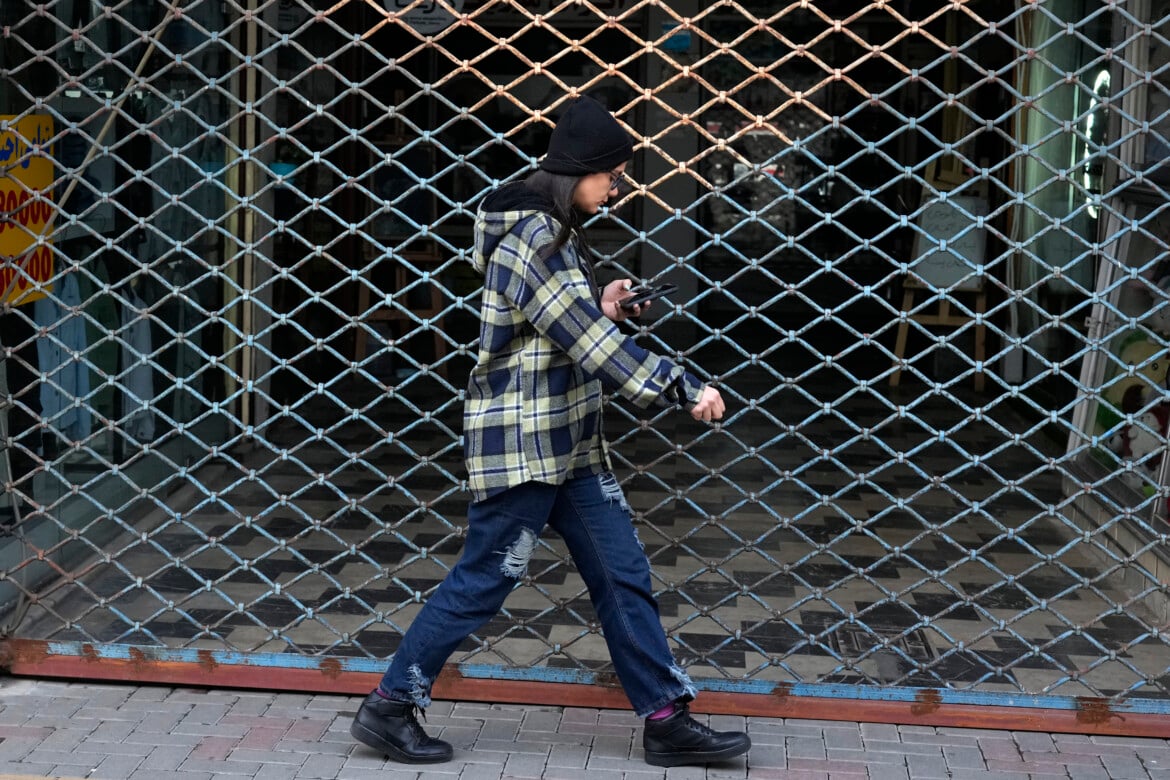Analysis
The case against Cecilia Sala does not exist in Tehran
At this point, there seems to be little doubt that Cecilia Sala's arrest was made with the goal of exerting pressure for the release of Iranian engineer Mohammad Abedini Najafabadi.

Update: On January 8, the Italian government announced that Sala had been released and was on a flight to Rome.
There are no proceedings against Cecilia Sala in Tehran. Among the 60 Iranian newspapers we looked at on Thursday, only one mentioned anything about the Italian journalist's arrest, which read as follows: “Judiciary spokesman Asghar Jahangir said he was not aware of Cecilia Sala's case.”
It seems that the arrest of the Italian journalist has been classified as a “national security” issue, and in such cases, everything takes place in the shadow of the very powerful Security Services. This method is often used for political cases in order to circumvent the existing laws. Iranian law actually requires that charges be brought quickly, but the timeframe can be extended arbitrarily in practice, especially for political or national security-related offenses.
At this point, there seems to be little doubt that Cecilia Sala's arrest was made with the goal of exerting pressure for the release of Iranian engineer Mohammad Abedini Najafabadi, who was arrested at Milan’s Malpensa airport pursuant to a U.S. arrest warrant. On December 16, the U.S. State Department, published a four-page indictment against Najafabadi on very serious charges, for which, if found guilty, the engineer would face life in prison. The Iranian Foreign Ministry has claimed that Najafabadi's arrest violates international law.
The announcement of Sala's arrest, the vocabulary used and the institution it came from, namely the Ministry of Culture and Islamic Guidance, suggest that all options are still on the table. According to some observers, choosing to avoid the regular judicial channels for the Italian journalist's case is meant to allow Iranian decision makers to act quickly, without having to wait for legal procedures to be completed. In other words, if the Italians were to acquiesce to the Iranians’ demands, Sala could be released at any time, without any further legal complications.
According to some Iranian sources (which we could not verify), Italy is reportedly working to offer the Iranians other “points of flexibility and concessions” unrelated to the Najafabadi case, with the aim of convincing them to release Cecilia while also avoiding the ire of the U.S.
The Iranians’ obsession about the widespread presence of Israeli and American spies in the country has led to the arrest of a large number of innocent people in recent years. The Ministry of Intelligence and Security and the intelligence unit of the Revolutionary Guard have proven to be highly proficient at surveilling, arresting and interrogating political dissidents, social media activists, members of armed separatist groups and even underground terrorist cells of organizations such as the Mujahideen-e-Khalq. However, despite this relentless crackdown, they have failed to fully counter Israeli terror operations on Iranian territory, partly because many of these were conducted with the participation of local personnel.
The response from the Iranian embassy in Rome to the Foreign Ministry’s “serious concern” about Sala's arrest marks the beginning of the backstage horse-trading involving the two cases: “Tehran has provided Mrs. Sala with all the necessary facilities, including repeated telephone contacts with her loved ones, and it is expected that the Italian government will provide the necessary assistance she needs, in addition to expediting the release of the detained Iranian citizen.”
Thus, one can expect that it will take a long time to resolve this case, unless the Italian government finds a way to untangle it.
Originally published at https://ilmanifesto.it/cecilia-sala-il-caso-non-esiste-a-teheran on 2025-01-03
